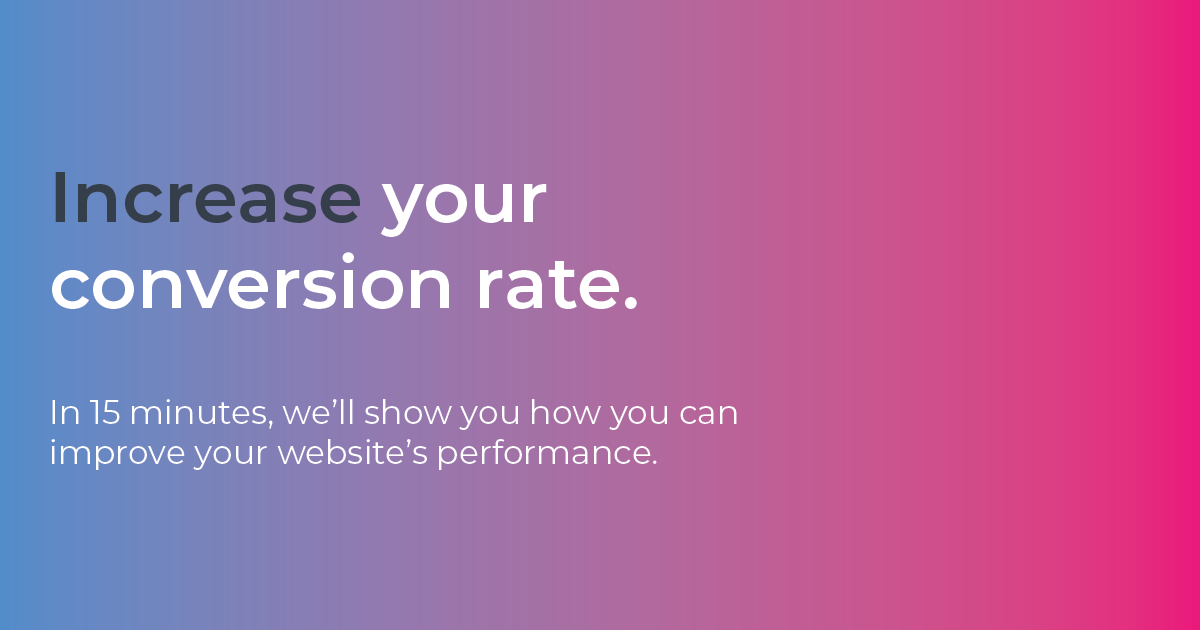Finding the right eCommerce development agency is such an important part of running your business. When you begin your search, you will run into startup agencies, large agencies, and even offshore agencies. Just a simple Google search query of “web developer near me” will produce thousands of results. It can be overwhelming, and quite tempting to click the first link, research the developer briefly, and reach out to them to start on your project. If you’ve been doing your homework and researching a lot of agencies, it may come down to which one is the cheapest, and can get the work done the fastest. While cheap and fast may work initially, it’s also important to consider the quality you will receive.
Our Director of Client Services, Daniel, recently had a candid conversation with one of our clients about the hurdles they experienced with using an offshore eCommerce agency. Our client wanted to build a new theme for their existing eCommerce website as quickly as possible. To push live the new theme update in the timeframe they needed, our client went the fast and cheap route, and ended up reaching out to us for assistance to fix the issues they experienced. Below are the three things you should consider before working with an offshore web agency, and the key takeaways from their conversation.
1. Going offshore for web development isn’t always ideal:
If it’s a new theme (or build) you’re starting, or if you are looking for updates to be made to an existing one, finding the right agency to help tackle your needs is extremely important. With the explosion of web development agencies, it’s become increasingly common for these services to be taken offshore meaning that your developer will not be local to you. In this client’s example, the developer they worked with was based out of India. When they started working with their developer, they quickly found out what working with an offshore third-party developer can entail. We want to preface this portion of our post with a disclaimer that our client’s experience is not indicative of working with all offshore developers. We do believe that there are exceptions to unsatisfactory experiences, however, they are few and far in between.
When considering if an offshore developer is for you, below are the three drawbacks to keep in mind according to BrainSpire:
- Time Zone Differences: An offshore developer is typically in a different time zone than where you are located. This means that communications may be delayed, and the development team won’t be as responsive due to the time difference.
- Communication Barriers: Offshore development also means there can be various communication barriers when working on your project. With English normally being a second language, trying to communicate the scope of your project can be difficult if it is not someone’s native language. In fact, some terminology you are typically using to describe your project may not translate directly.
- Inconsistent Quality/Developer Turnover: With an influx of developers in other countries, working with an offshore agency can mean a higher turnover rate on their development team. If a developer on your project is let go, it means someone new, and inexperienced takes over the updates in the middle of your project. This will not lead to the quality you expect.
Another key consideration when looking for the right web development agency, is the end result, implementation.
2. Implementation can (and likely will) go terribly:
Implementing a new theme for your eCommerce website is of the utmost importance when it comes to the success of your business. In our client’s story, their implementation with the offshore agency did not go well. As a matter of fact, they said that it “majorly failed.”
One of the first issues our client experienced was the agency not backing up and making a copy of their website first. You know the old adage, “measure twice and cut once?” In the development world, not making a copy of a website is essentially just cutting your lumber without even measuring. By making a backup of your website and themes before any updates occur, you can ensure you have the original copy if the launch goes wrong, or if there is something needing to be fixed. This is typically done by reputable developers to have a “live” version of your website to work on to ensure that the coding they are creating functions when the updates goes live. In this case, the developer our client worked with used a “clean” install of Magento, and didn’t back up their website. When they went to implement their new theme on their site, our client mentioned that it was, “horrible,” and that, “nothing worked. It gave us an error message the moment someone hit our search field. We use a custom plugin for search, so I knew right then that there was an issue they (the developer) didn’t account for with our plugins.”
Our client then went on to say, “that showed their lack of experience with Magento.” To make issues even worse, they pushed their updated site live because they were able to make it work slightly. When the site was pushed live, it was still broken, and the shopping cart was still experiencing bugs. Another issue with this launch was that it was supposed to be a soft launch. When the developer pushed it, it was to the entire website. Post-launch, our client asked numerous questions to the third-party development team, which they did not answer or became frustrated when our client kept asking them. At the end of the day, our client said, “I wasn’t trusting them, and we have good reasons why.”
Yikes! As a matter of fact, double yikes!
Needless to say, the implementation of the new theme to our client’s site went extremely poorly, and caused a significant amount of extra work, added stress, and headaches for their team. As a matter of fact, they turned to us to help fix the mistakes of the third party’s build.
3. Low Cost doesn’t Mean High-Quality:
You may be at the point in this post, where you’re asking yourself, “what did this headache cost them?” Our client ended up paying $3,000 for the “enhancements” to their site that the offshore developer worked on. To let our client explain, they said, “they were cheap, but it obviously showed why they were cheap. We figured we would try, and if they were horrible, we would learn our lesson.” Needless to say, our client found out the hard way that you get what you pay for when it comes to developing a new eCommerce website, or a theme.
In one of our recent posts, we discussed the old adage, “you can either have it fast, cheap, or good, but you can’t have it all.” While the enhancements our client wanted to make were cheap, and fast, needless to say the quality was not good and caused them a lot of added stress, and resources to make it right. At the end of the day, the updates the third-party developer worked on were so bad, they turned to us to rescue their web development project. While we never want to see a business owner’s web build go wrong, we’re always here to help salvage even the most difficult web builds. In the case of this client, when someone searched for a product on their site, they received an error message. Wouldn’t you leave someone’s website if you kept receiving an error message when trying to make a purchase? This in turn means lost revenue for your business. Sure, you may be able to get your updates done for less, but is it worth losing hard-earned revenue in the long run?
And of course let our client’s words be a cautionary warning: “we gave them (the offshore developer) a shot, and they majorly failed.”



Leave a Reply
You must be logged in to post a comment.